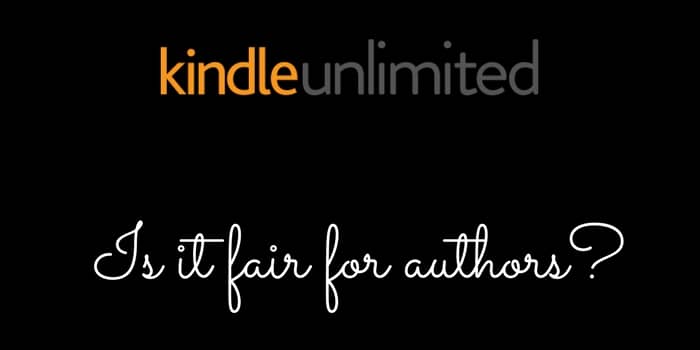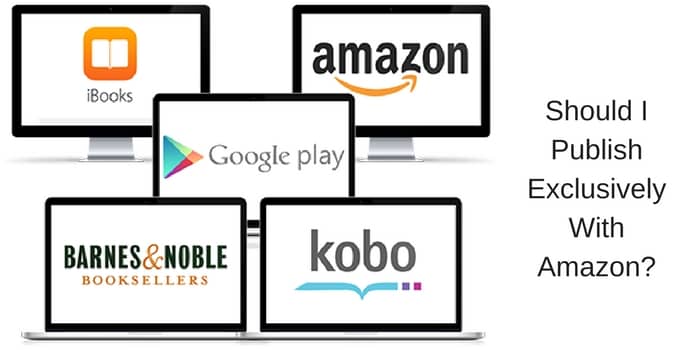
There are no self-publishing rules
The rule book governing the publishing of books has been thrown out of the window, been burnt on a sacrificial fire and converted into a Kindle ebook that no one will ever bother to read. Self-publishing is a new form of anarchy, which will change the face of publishing, reading and consumption of text for some considerable years to come. It will, and I could probably say, already has changed the way books are written, bought, read, marketed and sold.
Why does a novel need to be 110,000 words? Who made that rule? Well, it was fine when books needed to look nice and uniform on a bookstore shelf, but who cares on the Kindle Store. Why do short stories need to be published in a collection? Why can’t they be sold one at a time? Does it really matter now if a writer uses single or double quotation marks?
As for style and substance, well all I can say is that erotic writing has found a new life with self-publishing and judging by the volume of sales, and number of shades of kinky available, it is really in right now. Badly written or not. Even adding adverbs to reported speech has become so common that Stephen King might just have to re-write his writer’s bible, ‘On Writing’.
Forget all the rules and long-held assumptions. Publishing via large publishing houses, or via Joe or Julie the self-publishers, bashing out their books at the kitchen table is about content. And lots of it, to fill a zillion electronic devices.
This quote from Victoria Barnsley says it all.
“We can’t think of ourselves as book publishers any longer. We have to see ourselves as, you know,” Barnsley hesitates to use the cliché, “multimedia content producers.” Victoria Barnsley, UK and international chief executive of the book publishing arm of Rupert Murdoch’s media empire, HarperCollins. (Source)
As for how books are marketed and promoted, the gloves are off. Social media, blogging, blog tours, Internet radio, paid reviews, swapping reviews, spamming and begging are now the currency of marketing books. Yes, a nice review in a newspaper will help, but who reads a newspaper anymore?
The king of book marketing now is, of course, Amazon, but with its clever algorithms that need a degree in rocket science to comprehend, bestseller lists that are driven by paid reviews and a new penchant for making free ebooks the currency of choice, who the hell knows how to sell books anymore.
The only answer is to break the rules. Well, as there are no rules anymore, I suppose I should just say that it’s time to make your own rules and see what works for you. So if you’re self-publishing, forget all the sage advice and formulaic ways things were done in the past. Find what works for you. That’s the new rule.




Publishing has changed, yes, and I’m not sure that the great rush to produce content is good. What happens to the art of writing when book publishing becomes simply content production, when the writer divides her time between writing and marketing her own ‘content.’ With the rules broken, it does seem like there is a trend towards churning out ‘content’, making it available as quickly as possible, bypassing editors, gatekeepers, and other measures of quality control. Writers need editors. Writers need gatekeepers. Readers need these things, too, probably more than writers.
Charles,
You say ” Writers need editors. Writers need gatekeepers. Readers need these things, too, probably more than writers.”
Independent writers need something much more important than any of those. If they want to be taken seriously, they need to have a strong sense of self discipline and a large amount of patience. If you have a burning desire to be in print you will offer up a substandard product. Whereas if you spend the time doing the job of writing properly, eventually it will be ready to be published error free.
If anything, as an independent you have to be even tougher on yourself than if you were in a publishers stable.
As for your assertion that readers need gatekeepers, given than one of the major publishing houses bought an abominably badly written book from an independent recently, then promoted the hell out of it, turning it into a multimillion best seller, it would appear that the gatekeepers can no longer be trusted, especially when their motive is money.
Hey Jack,
Good points there. I suppose my comment was rooted in my observation that much of what is being published by independent authors today appears rushed. I don’t read self-published books much, so I could be wrong; yet observing the flood of content promoted on twitter, amazon, facebook, blogs, and the like gives me this impression.
Yes, editors and big publishing houses can publish poor books, too, and they often do — have for years. But I don’t think that any writer should serve as his own editor, regardless of technical skill or eye for detail. Please don’t read my first comment as a lament for the by-gone days of publishing. I think that there are many, many positives that have come about in the past decade. What I observe, though, is that writers are now becoming entrepreneurs, and that doesn’t seem like a great thing to me.
I just published my first book on Amazon (Border Hoarder). I don’t know what any of the rules were before so I don’t know if I am breaking any now or not. I did have an editor and I did take my time writing it. Is it perfect? Probably not. But what book is anymore? The only book I’ve ever seen without a typo is the Bible.
It’s funny Shannon. I’ve read books, prepared perfectly but the story just wilts. Then again, I’ve read books full of typos, but with such a great story I skipped over them. A combination of the two is obviously what we all want, but it’s rare.
To me there’s only one rule: write the best book you can, then sit back and hope. One never knows what the public will go for, and often enough, the publishing world gets a massive surprise.
I couldn’t agree with you more Stella. It’s pot luck what readers like, but you have to give it your very best shot.